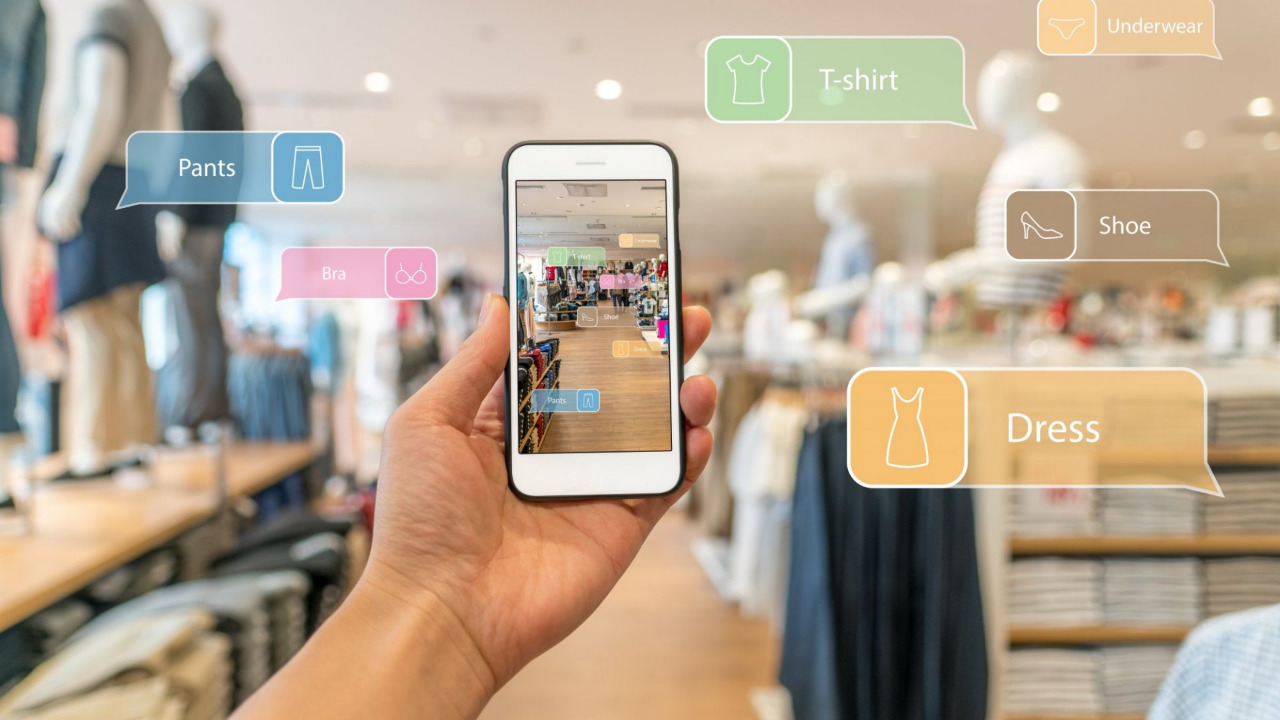How TikTok Has Changed E-commerce Forever?
In recent years, TikTok has emerged as a powerhouse social media platform, captivating millions of users worldwide with its short-form videos and engaging content. While initially known for its entertainment value, TikTok has also significantly impacted the world of e-commerce. With its innovative features and vast user base, TikTok has revolutionized the way brands and businesses connect with consumers. In this article, we will explore how TikTok has changed e-commerce forever, examining its impact on brand visibility, influencer marketing, and user-generated content.
Enhanced Brand Visibility

One of the key ways TikTok has transformed e-commerce is by providing brands with a platform to increase their visibility. The app’s algorithm is designed to promote content based on user interests, leading to increased discoverability for businesses to get instant TikTok followers. By creating compelling and shareable videos, brands can quickly gain exposure to a massive audience. TikTok’s “For You” page, which curates personalized content for users, ensures that even lesser-known brands have the opportunity to go viral and attract attention.
Influencer Marketing Reinvented
TikTok has also revolutionized influencer marketing, allowing brands to reach new heights in terms of engagement and brand advocacy. Influencers on TikTok, known as “TikTokkers,” have amassed huge followings and wield considerable influence over their audience. Brands now collaborate with TikTokkers to promote their products or services, leveraging their authenticity and creativity to connect with consumers in an organic and relatable way. TikTokkers’ ability to create entertaining and engaging content allows for the seamless integration of brand messaging into their videos, resulting in increased brand awareness and customer trust.
User-Generated Content as Advertising
User-generated content (UGC) has become a powerful marketing tool on TikTok. The platform encourages users to create their own content and actively engage with brands and products. Through challenges and hashtags, brands can generate UGC campaigns, where users create videos featuring the brand or its products. This UGC not only generates buzz but also provides social proof and authentic endorsements for products, enhancing their credibility. TikTok’s emphasis on creativity and authenticity has made UGC an integral part of e-commerce strategies, allowing brands to tap into the creativity of their audience while building a loyal community.
Seamless Shopping Experience

TikTok has recognized the potential of e-commerce within its platform and has taken steps to enhance the shopping experience for users. The introduction of features like “Shop Now” buttons and “Hashtag Challenges Plus” has seamlessly integrated shopping into the app. Users can now discover products directly from TikTok videos, enabling a streamlined path to purchase. This integration of e-commerce into the platform has made it easier for brands to drive conversions and capitalize on the immediate interest generated by their TikTok content.
Democratization of Advertising
TikTok’s advertising capabilities have leveled the playing field for businesses of all sizes. Unlike traditional advertising channels that often require significant financial investments, TikTok allows brands to reach a wide audience with relatively low barriers to entry. Its self-serve ad platform enables businesses to create and manage their own campaigns, giving small and medium-sized enterprises the opportunity to compete with larger corporations. This democratization of advertising has opened doors for emerging brands, fostering innovation and diversity within the e-commerce landscape.
In conclusion, TikTok has brought about a seismic shift in the e-commerce industry, forever changing the way brands engage with consumers. Its unique features, such as enhanced brand visibility, influencer marketing, user-generated content, seamless shopping experience, and democratization of advertising, have reshaped the e-commerce landscape. As TikTok continues to grow in popularity and evolve its features, businesses must adapt and leverage this platform to remain competitive in the dynamic world of e-commerce.

